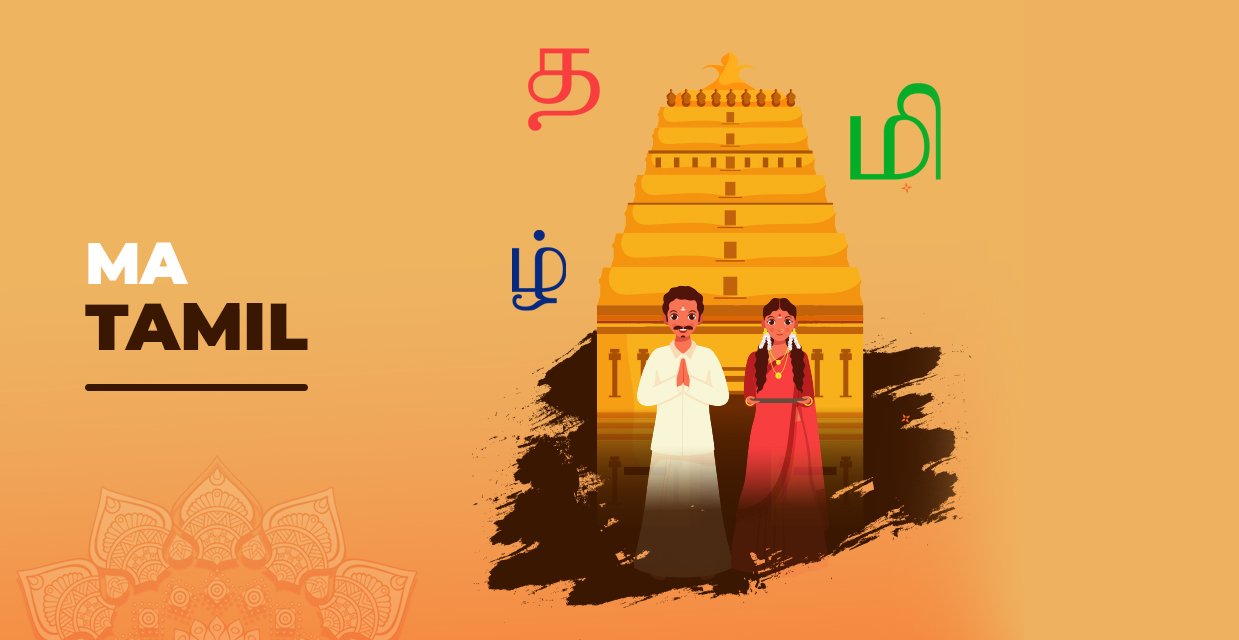
MA Tamil is a Tamil Literature and Language course that students can pursue if they want to take up post-graduation after completing their graduation. Students will have to complete their bachelor’s degree in the relevant field and the duration of the course is two years.
A Master of Arts (MA) in Tamil is a postgraduate program that focuses on the study of the Tamil language, literature, and culture. The course typically spans two years and is designed to provide students with advanced knowledge and expertise in the field of Tamil studies. Here are the general details of the MA Tamil course and potential Career opportunities
The program is usually a two-year, full-time course, divided into four semesters.
Candidates should have a bachelor's degree in Tamil or a related field from a recognized university.
The curriculum may include subjects such as Tamil literature, grammar, linguistics, classical and modern literature, cultural studies, history of Tamil literature, and research methodology.
Some programs may require students to undertake a research project or write a dissertation in the final semester.
Since the course is centered around the Tamil language, proficiency in reading, writing, and speaking Tamil is crucial.
A common career path for MA Tamil graduates is teaching at the school or college level. They can become Tamil language teachers, lecturers, or professors in educational institutions.
Graduates can pursue a career in research and contribute to the field of Tamil studies. This may involve working with research institutions, universities, or independent research organizations.
There is a demand for translators and interpreters who are proficient in Tamil. Graduates can work in the field of literary translation, document translation, or provide interpretation services.
MA Tamil graduates can explore opportunities in media, journalism, and publishing. They can work as content writers, editors, or journalists specializing in Tamil language publications.
Employment opportunities exist in cultural organizations, museums, and heritage sites where knowledge of Tamil culture and history is valued.
Some graduates choose to pursue civil services or government jobs where language proficiency is an asset. This can include roles in administration, public relations, or cultural affairs.
Organizations working in the areas of education, language preservation, and cultural exchange may also have opportunities for individuals with a background in Tamil studies.
Graduates can also explore freelance opportunities such as content writing, blogging, and online tutoring in Tamil.